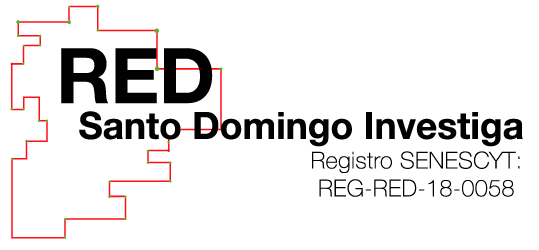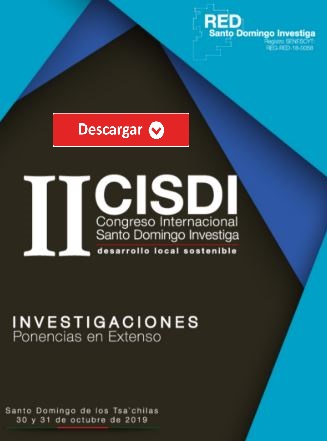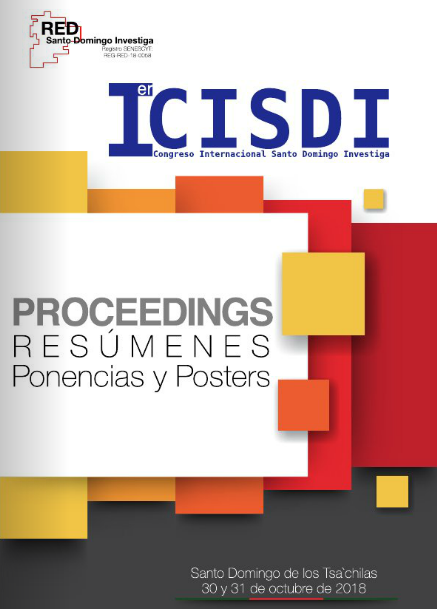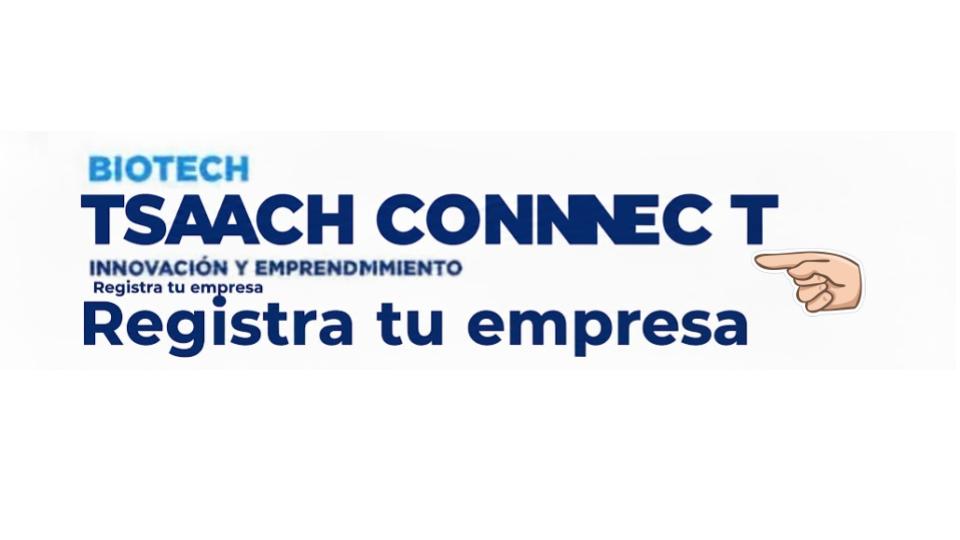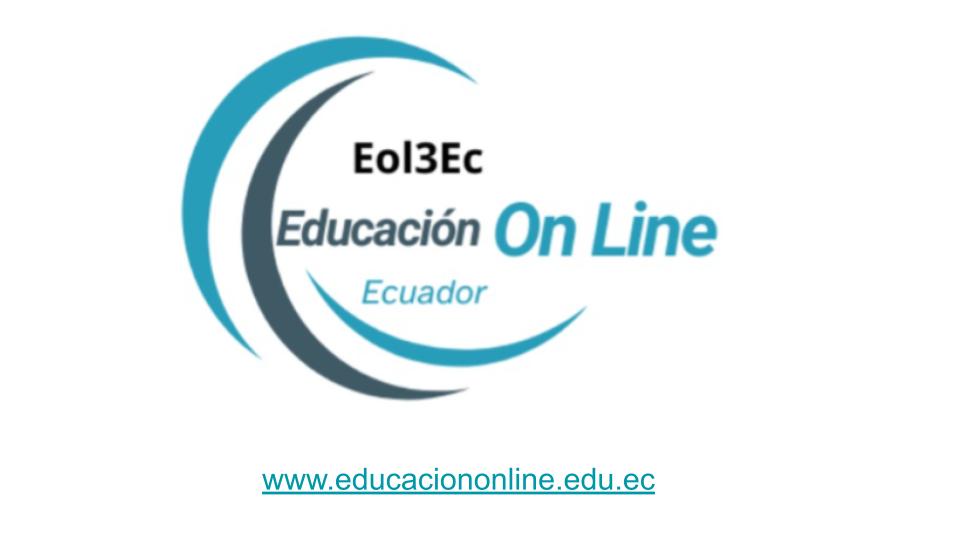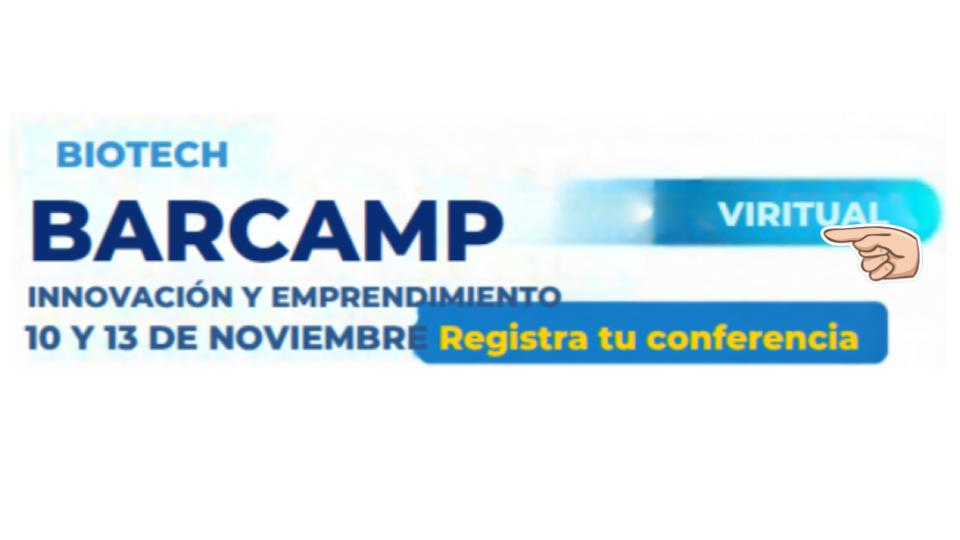RESUMEN
La baja autoestima provoca desajustes cognitivos, conductuales y emocionales en los educandos, torna en un escenario formativo que invisibilidad la autoestima y la identidad cultural con su currículo estándar para ello en esta investigación se define cómo mejorar y ejercitar estrategias de afrontamiento que ayuden a fortalecer la misma desde el punto de vista de educandos con necesidades educativas asociados o no a una discapacidad. Desde esta perspectiva promovemos la interrelación entre inclusión y su reciproco. Se convierte además en un instrumento de absoluta importancia para el acceso a la mayoría de los conocimientos curriculares.
El presente proyecto apoya la iniciativa de liderazgo, identidad, autoestima, la participación del docente como pilar activo en el proceso de cambio en el campo educativo para el desarrollo de una verdadera cultura inclusiva, tratando de concientizar a los participantes sobre la diversidad y como parte de ella a las personas con discapacidad, generando actividades y experiencias que nos acerquen a la realidad, sensibilizando sobre la importancia de la inclusión educativa basándonos en el respeto , tolerancia, solidaridad y amistad en los estudiantes según sus niveles a través de actividades recreativas.
Enfocándonos en fortalecer el eje de intervención de los maestros, profesionales mediante las herramientas propicias que fomenten una convivencia armónica dentro del contexto de la comunidad educativa. Por ello se presenta el trabajo investigativo para fomentar la autoestima de los educandos con Necesidades Educativas Especiales asociados o no a una discapacidad aplicando acciones, estrategias que sensibilicen, detecten, asesoren y den seguimiento, a las necesidades educativas de cada uno de los educandos, siendo oportuno y necesario para contribuir en el proceso enseñanza aprendizaje de los estudiantes.
ABSTRACT
The low self-esteem causes cognitive, behavioral and emotional maladjustments in the learners, turns into a formative scenario that invisibilizes the self-esteem and the cultural identity with its standard curriculum for it in this research defines how to improve and exercise coping strategies that help strengthen the same from the point of view of learners with educational needs associated or not with a disability. From this perspective we promote the interrelation between inclusion and its reciprocal. It also becomes an instrument of absolute importance for access to most curricular knowledge. This project supports the initiative of leadership, identity, self-esteem, the participation of the teacher as an active pillar in the process of change in the field of education for the development of a true inclusive culture, trying to make participants aware of diversity and as part of it to people with disabilities, generating activities and experiences that bring us closer to reality, raising awareness about the importance of educational inclusion based on the respect, tolerance, solidarity and friendship in students according to their levels through recreational activities.
Focusing on strengthening the axis of intervention of teachers, professionals through the appropriate tools that encourage a harmonious coexistence within the context of the educational community. Therefore, the research work is presented to promote the self-esteem of students with special educational needs associated or not with a disability by applying actions, strategies that sensitize, detect, advise and follow up, the educational needs of each of the students , being timely and necessary to contribute to the teaching-learning process of the students.
